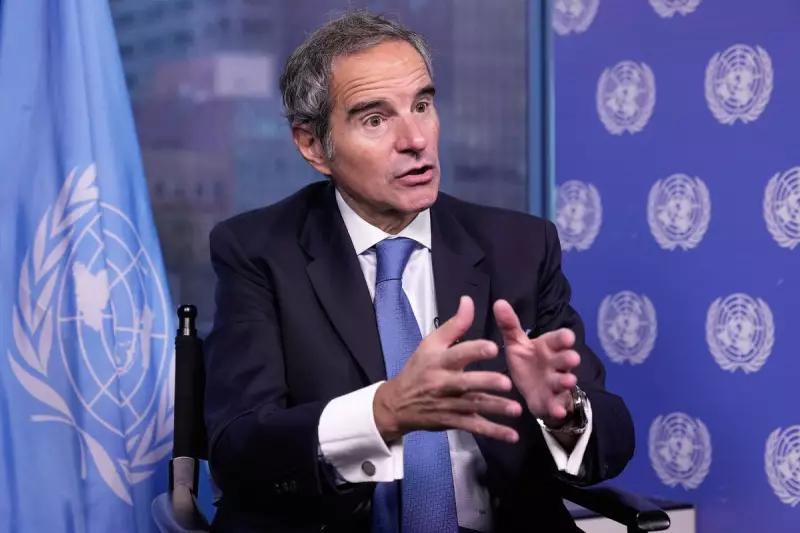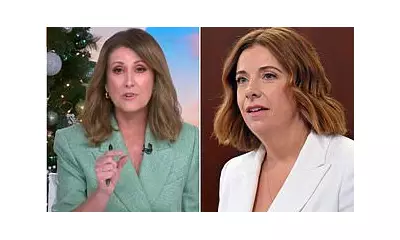
The head of the United Nations' nuclear watchdog has issued a stark warning that Iran possesses the capability to develop nuclear weapons in an alarmingly short timeframe, escalating global concerns about the regime's atomic ambitions.
Diplomatic Crisis Deepens at UN Headquarters
Speaking from New York, International Atomic Energy Agency director general Rafael Grossi revealed that Tehran could potentially construct "one or several" nuclear devices "in a matter of weeks." This chilling assessment comes amid growing international frustration over Iran's lack of cooperation with nuclear inspectors.
The situation has reached a critical juncture as Iran continues to restrict access to key facilities and monitoring equipment, creating what experts describe as dangerous information gaps in the international community's understanding of their nuclear progress.
International Response and Regional Implications
Grossi's warning underscores the failure of diplomatic efforts to rein in Iran's nuclear program through the Joint Comprehensive Plan of Action. The IAEA chief emphasised that while the agency hasn't observed any evidence of Iran actively weaponising nuclear material, the technical capability now exists.
This development has sent shockwaves through diplomatic circles, particularly in Israel and Western nations that have long expressed concerns about Iran's nuclear intentions. The timing is especially sensitive given ongoing regional tensions and the delicate balance of power in the Middle East.
What Happens Next?
The international community now faces critical decisions about how to address this escalating situation. With diplomatic channels showing limited success and Iran's nuclear capabilities advancing, world leaders must confront the possibility of a nuclear-armed Iran sooner than previously anticipated.
As the situation continues to evolve, all eyes remain on Vienna and New York where crucial discussions about Iran's nuclear future are unfolding behind closed doors.





